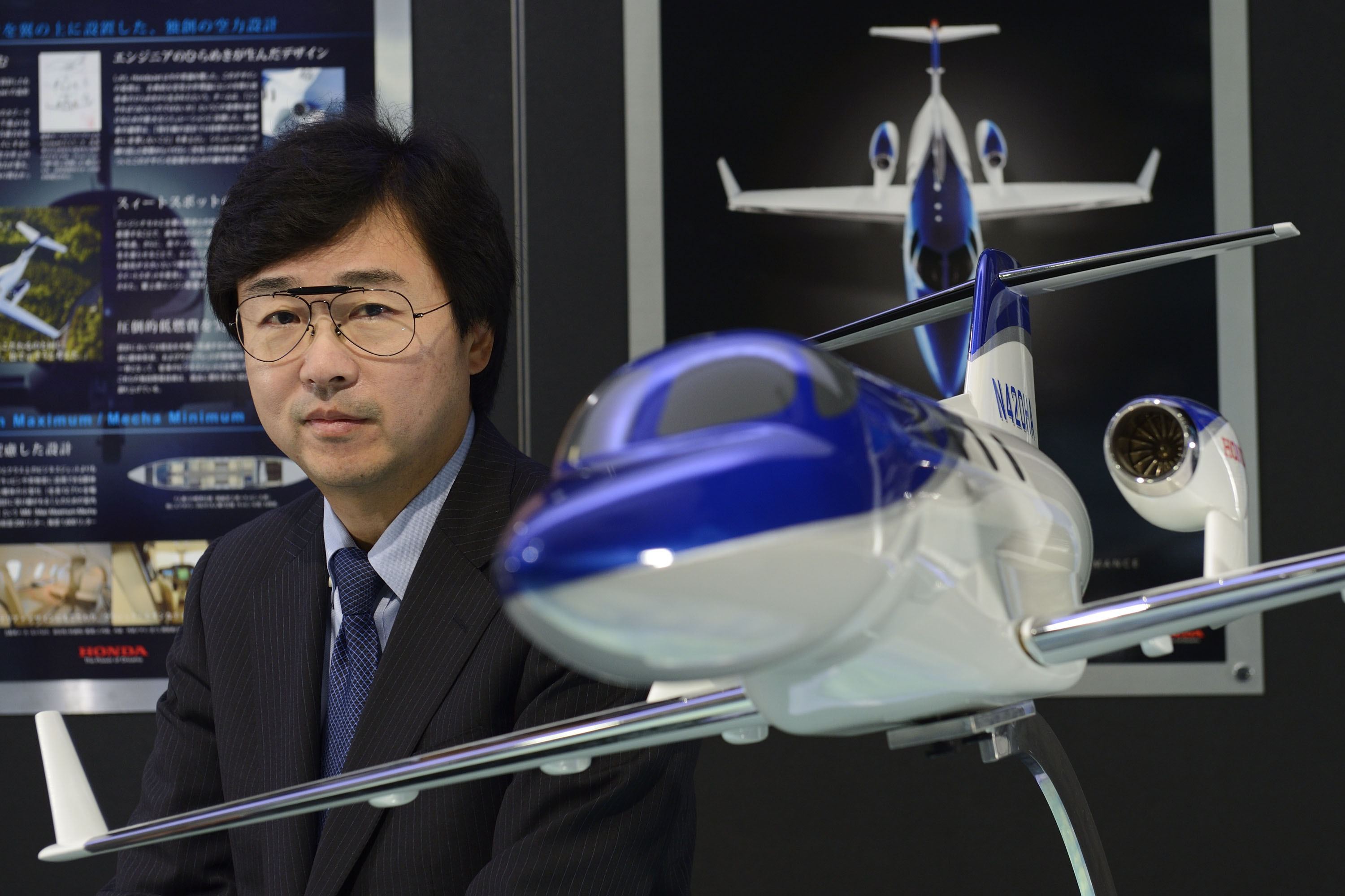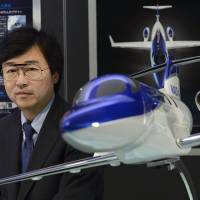Honda Motor Co., preparing to enter the market for business jets, said it's won two to three years of orders for what it calls "flying sports cars" and signaled the business will turn profitable before the end of the decade.
The aviation business is on track to turn profitable five years after it begins delivering planes as soon as next year, Michimasa Fujino, president of Honda Aircraft, said in an interview in Tokyo on Wednesday.
Though he declined to specify the number of orders received so far, Fujino said sales of the $4.5 million jet may reach 80 to 90 units annually in a few years.
Honda, Japan's third-largest carmaker, is betting that lessons drawn from its main automotive business will help the company compete against Textron Inc.'s Cessna and Brazil's Embraer SA. While the U.S. currently accounts for most of the demand for business jets, Fujino said Brazil and India are among markets that offer the most growth potential.
Fujino said the location of Honda's engines, which unlike conventional planes are mounted on top of the wings, will increase fuel efficiency by about 15 percent and allow cabin space to be 15 to 20 percent roomier than in comparable aircraft. With a cruise speed of 778 kph — 420 knots — the jet is also 10 percent faster than the average biz jet and more resistant to turbulence, he said.
Deliveries of the Honda jets, originally planned to begin this year, have been delayed because the company is awaiting approval from the U.S. Federal Aviation Administration, Fujino said. After four to five years, Honda may begin fleet sales as the increase of chartered flights turns business jets into forms of "air taxis," he said.




